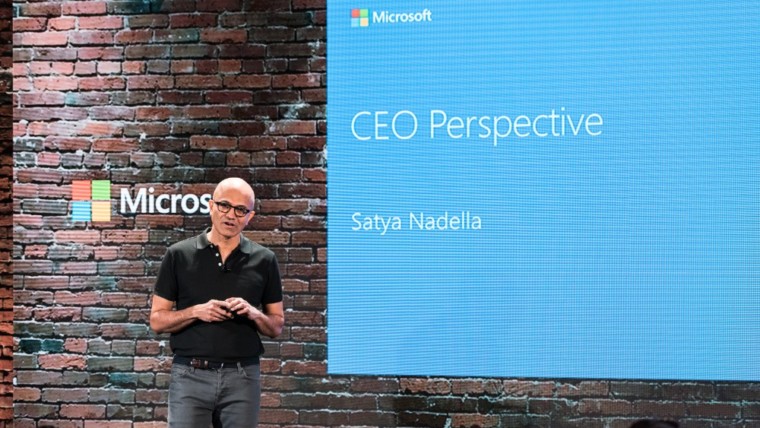Patagonia is famous for selling a purpose rather than a product. It’s a privately owned corporation now in its fifth decade, with a distinguished track record of environmental philanthropy and investment. This is one of many reasons that very few people leave Patagonia, the company boasts an extremely low turnover rate among its corporate staff, about 4% annually.
When they do leave the company approach their exit interview different to most. Chief Human Resources Officer Dean Carter says:
“My first question is not ‘Why did you leave?’ I ask ‘Why did you join? What compelled you to come to Patagonia, to leave your other job, or your family, or whatever it was? After that it’s, ‘Did we do that?’ ‘What was the experience we delivered for you?’ ‘Where was the difference in that?”
So if you’d like to run an exit interview like Patagonia:
- Start at the beginning: ask the person to reflect on why they first joined the company––what was it that the opportunity and/or the company seemed to promise them? What made the leap initially worth it?
- Ask them how the role and/or the company did in fulfilling that promise or opportunity. Where were expectations matched and where did they fall short?
- Ask, “What should change here to make up for the difference between what you hoped for and what you experienced?”
- You can also ask, “What are you hoping for in your next position?” as a way to uncover what opportunities they think can’t find in their current role.
- Other best-practice questions for exit interviews:
- Who here has been a mentor or supporter for you?
- How could HR improve? What was your experience like working with them/us?
- What did your manager do well? What feedback would you give them that you haven’t already shared?
- What advice would you give a new hire at this company?
- What advice would you give us when hiring for your replacement?
While we’re on the topic of exit interviews, some further advice:
- People tend to be more open and candid when an exit interview isn’t conducted by their direct manager.
- Companies tend to schedule an exit interview during the person’s final week on the job, but this is considered too late because it runs the risk of finding the person mentally checked out. Try to schedule your exit interviews somewhere in the middle of when the person declares their departure and their last day.
- Many companies are finding success conducting an additional interview, by phone or an emailed survey, three to six months after the person has left the company. Former employees tend to be more honest and reflective in these follow-ups.
- You don’t have to wait until an employee leaves to learn from them, it’s a smart idea to include, “What keeps you here?” in your engagement/employee surveys.








The Evolutionary Edge
Every Link Ever from Our Newsletter
Why Self-Organizing is So Hard
Welcome to the Era of the Empowered Employee
The Power of “What If?” and “Why Not?”
An Adaptive Approach to the Strategic Planning Process
Why Culture/Market Fit Is More Important than Product/Market Fit
Group Decision Making Model: How to Make Better Decisions as a Team